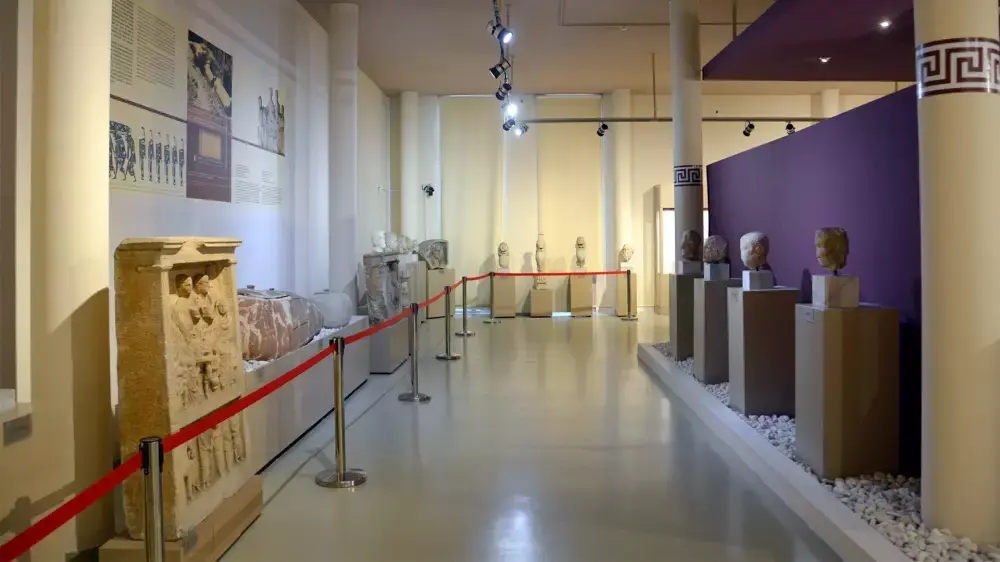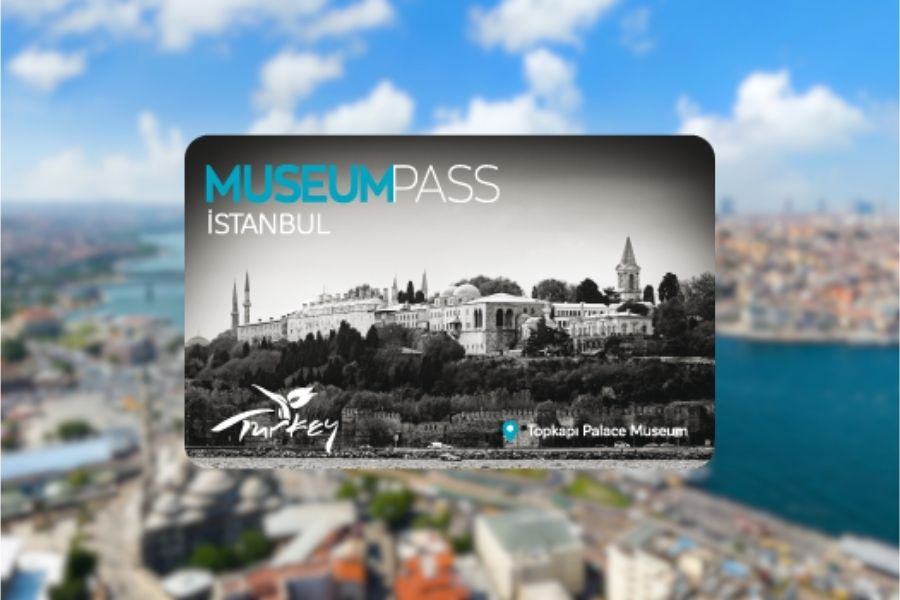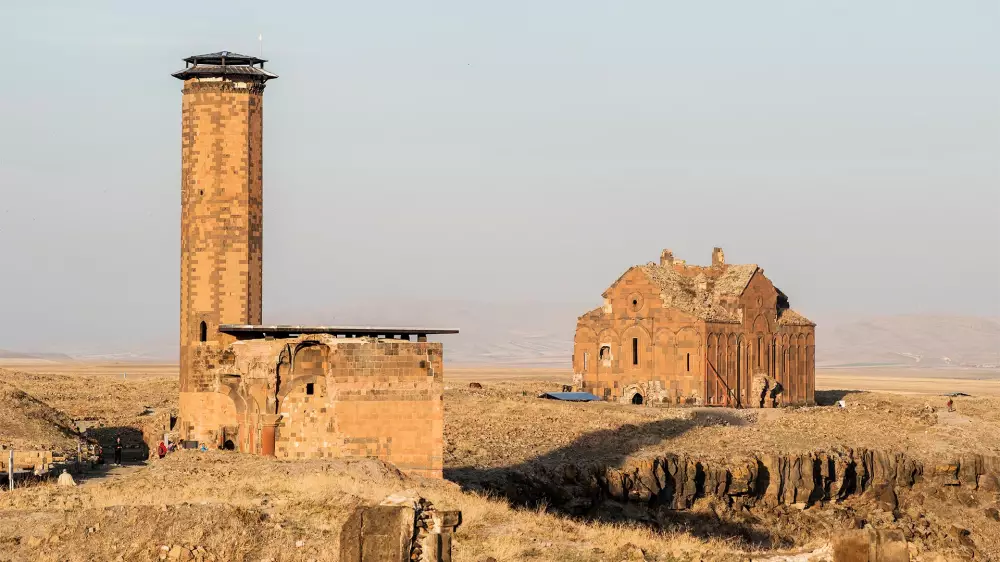
Bursa From Past To Present
Greetings from our article which sheds light on the history of Bursa being one of the most important cities in the territory of Anatolia being cradle of civilizations, from past to present, taken a look at via our article ... Exactly the history of the city comprises 7 thousand years ,which is of no small matter... E come on, let's start, what has happened, what is finished and let's look at…
Bursa's role in the past begins to take shape with the excavation work carried out at the place called Demirtaş Höyüğü (Mound). The history from today to exactly 7 thousand years ago is kind of jaw-dropping. It is even determined that its first inhabited life began in 5200 BC...
When you look at the famous history of Heredotus, it is seen that the oldest settlement in Bursa is the part named Cius of the period known today as Gemlik. It dates back to the 12th century BC, when Cius began to bear the traces of many colonies and other countries. The first city formation in Mudanya District of the city is thought to have been founded in the 10th century BC. However, the first urbanization in Gölyazi, which is one of the most beautiful places in Bursa and symbolizes plurality within the singularity, covers a process that dates back to the 6th century BC. The name of the region, which was Apollonia at the time, later changed to Gölyazı.
In Kroisos period between 561 and 545 BC, the Lydians dominated Bursa... Then the Iranians, also known as the Persians met and then the Persians faced the army of Dedalses. After the first independent state in the region, Ian Bithynia State was established. This event, which corresponds to the 3rd century BC, continues until the city was connected to Rome in 74 BC.
For many years the Roman Empire dominated Bursa. The city reigns in the Western Byzantine Empire part of the Roman Empire, which was later divided into Eastern and Western Byzantium. The city, one of the most important cities of Christianity and Christians, has thus been shaped by Roman culture for centuries. Until the Ottoman Empire came…
Bursa of The Ottoman Empire
Orhan Ghazi, who was the son of Osman Bey, the founder of the Ottoman Empire, and also referred as the second Sultan of the Ottoman Empire, took Bursa on 6 April 1326 and annexed it to the state territory. After that day, Bursa becomes a city where the belief of Islam is spread but everyone's freedom of belief is respected... Very important scholars and sultans grow in there, but they are not enough, it becomes the apple of the Ottoman’ eye and becomes the capital.
Bursa, which had been the capital of the Ottoman Empire for 39 years and was shaped by early Ottoman architecture and has been rebuilt in a kind of way, carries hundreds of years of architectural works within its structure almost in the glory of the first day.
Bursa developed under the auspices of the Ottoman Empire for hundreds of years. As if this would be the Bursa of the Ottoman Empire. The Ottomans also grew up in Bursa. So this city becomes a symbol for the Turks. Today, Bursa, which is part of the indivisible integrity of the state of the Republic of Turkey with the proclamation of the Republic, is one of the most developed cities in Turkey for its history and nature tourism.



